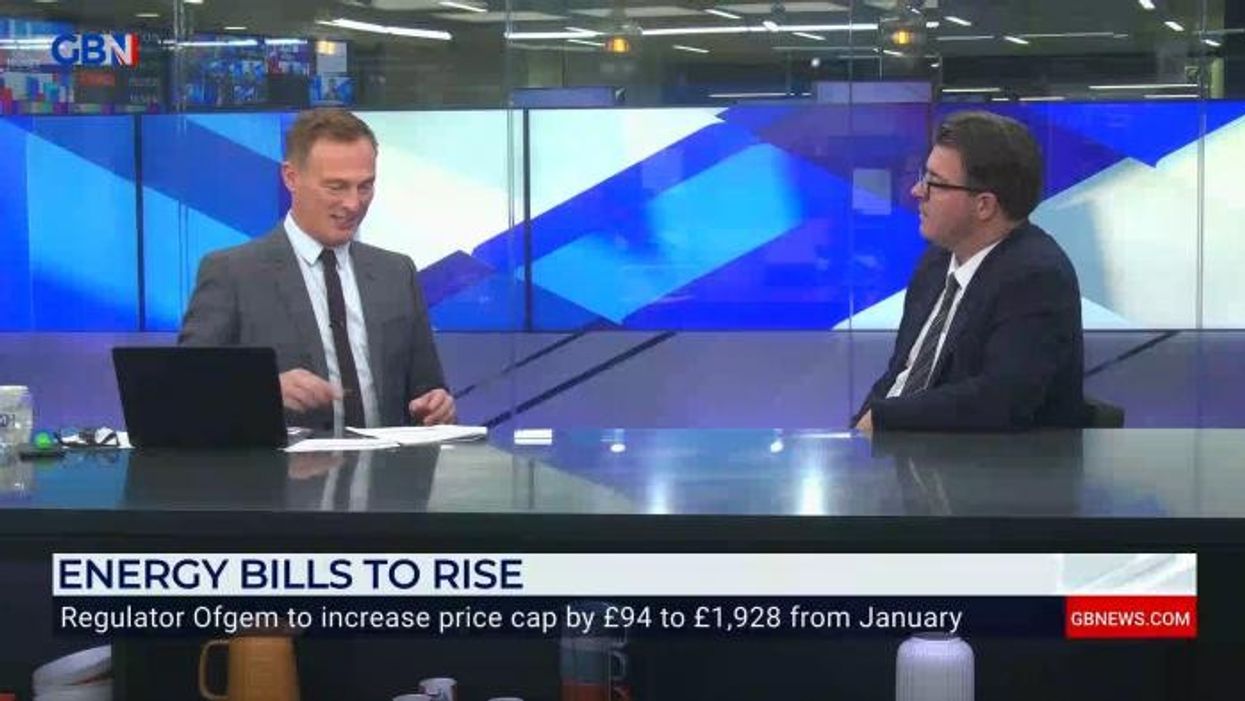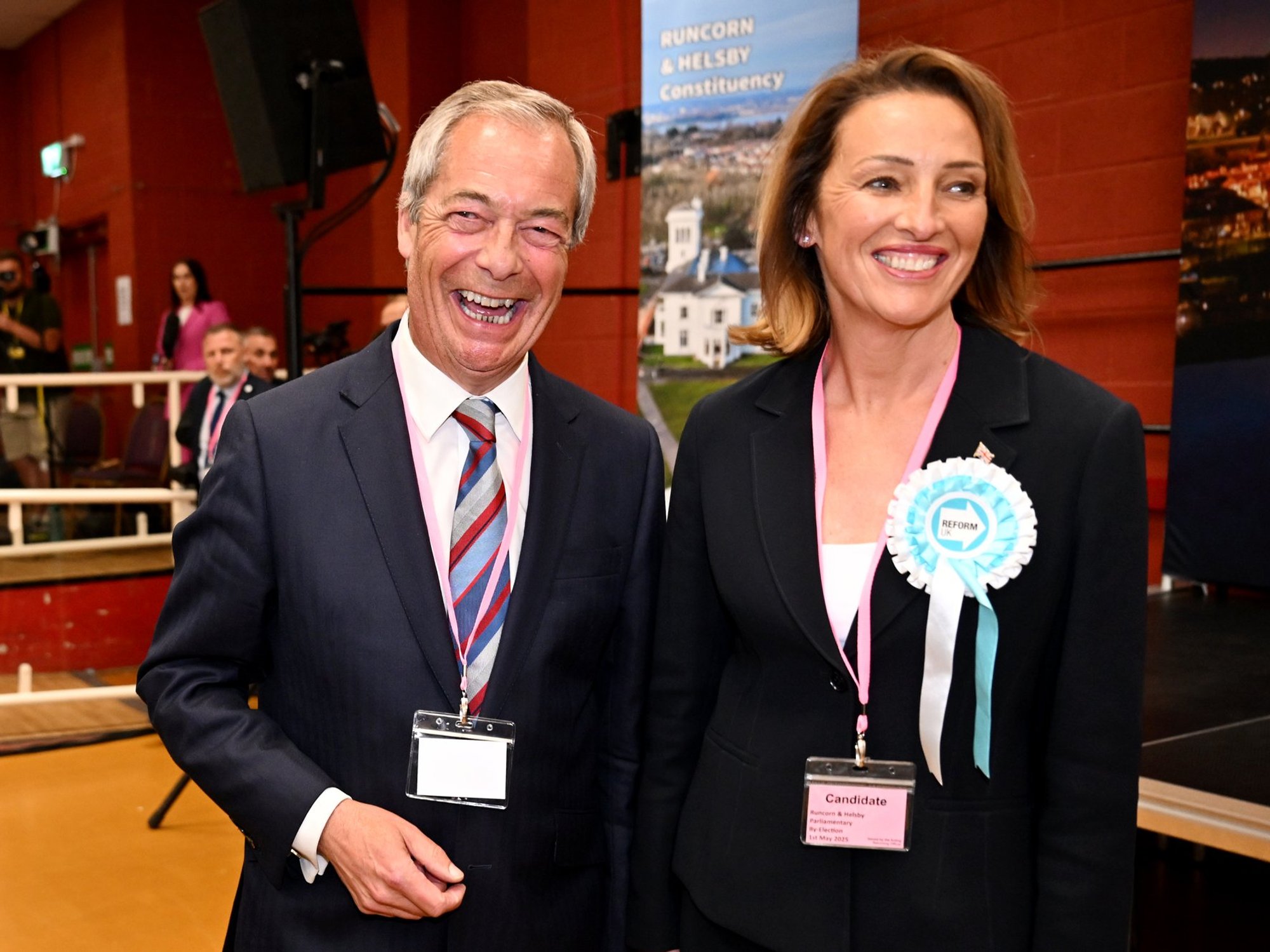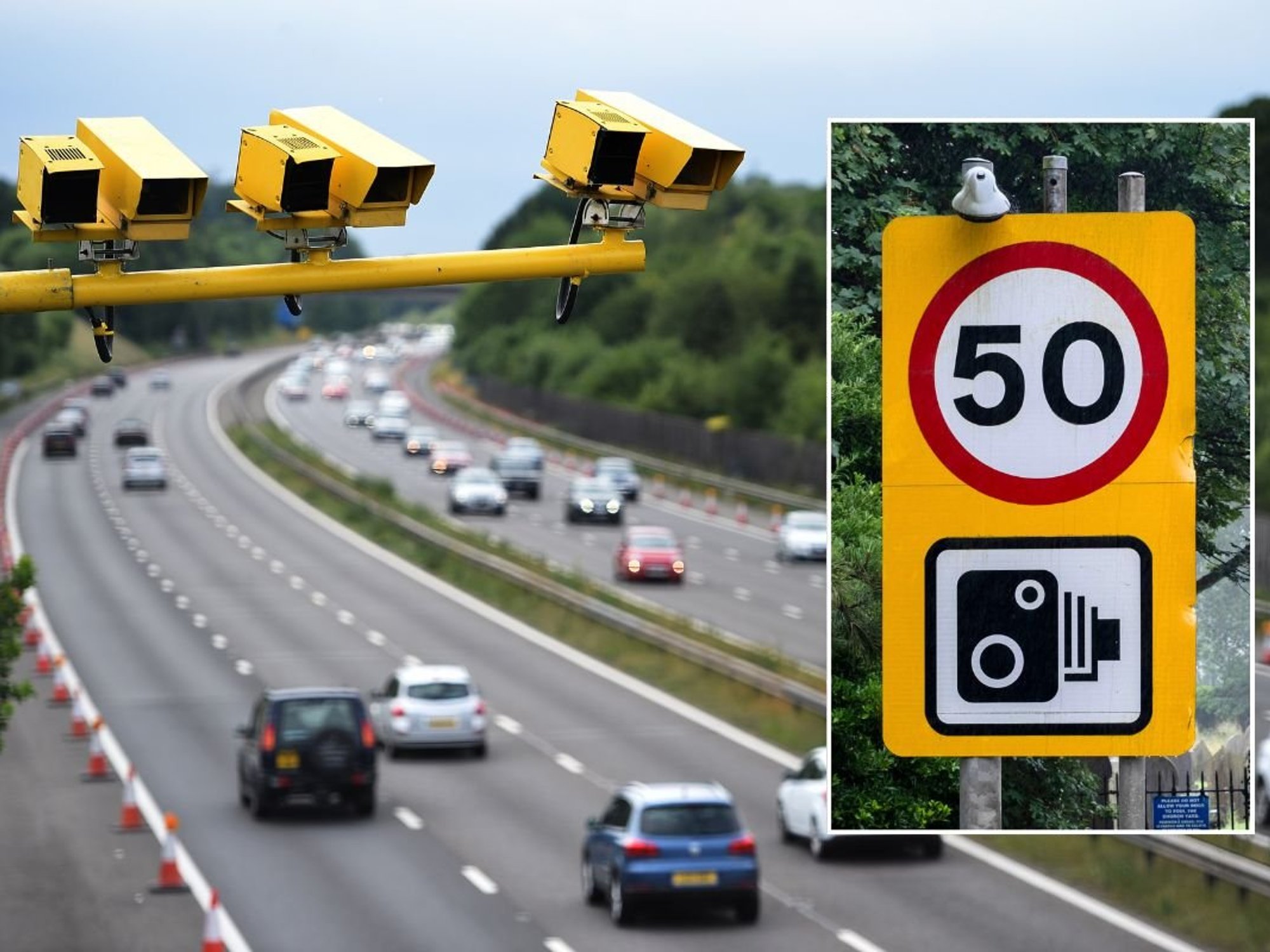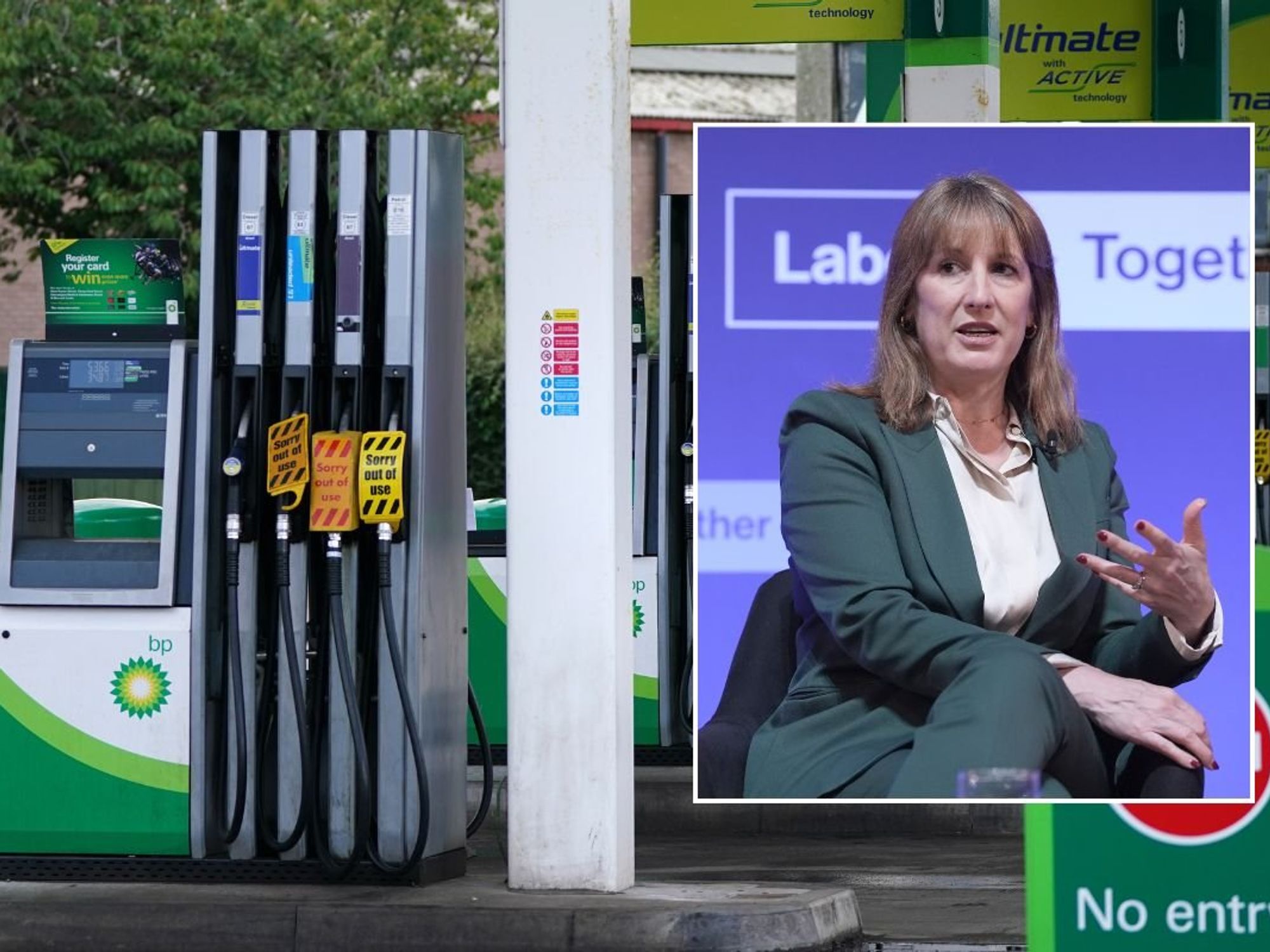Britons could pay extra £480 a year in energy bills as 3 million face being ‘trapped’ in fuel poverty

Much of the energy bill support over the last couple of years is no longer in place which puts more Britons at risk of fuel poverty
Don't Miss
Most Read
Latest
Millions of people in England risk paying an extra £480 a year in energy bills and being “trapped” in fuel poverty by the end of the decade, according to new research. National Energy Action’s UK Fuel Poverty Monitor is urging the Government to prioritise tackling fuel poverty to protect the country’s most vulnerable citizens.
Fuel poverty is defined as happening when a household needs to spend 10 per cent of its income on maintaining an adequate amount of heating. Some three million households will be trapped in fuel poverty by 2030, according to National Energy Action, with the Government urging families at risk to reach out to their council for support.
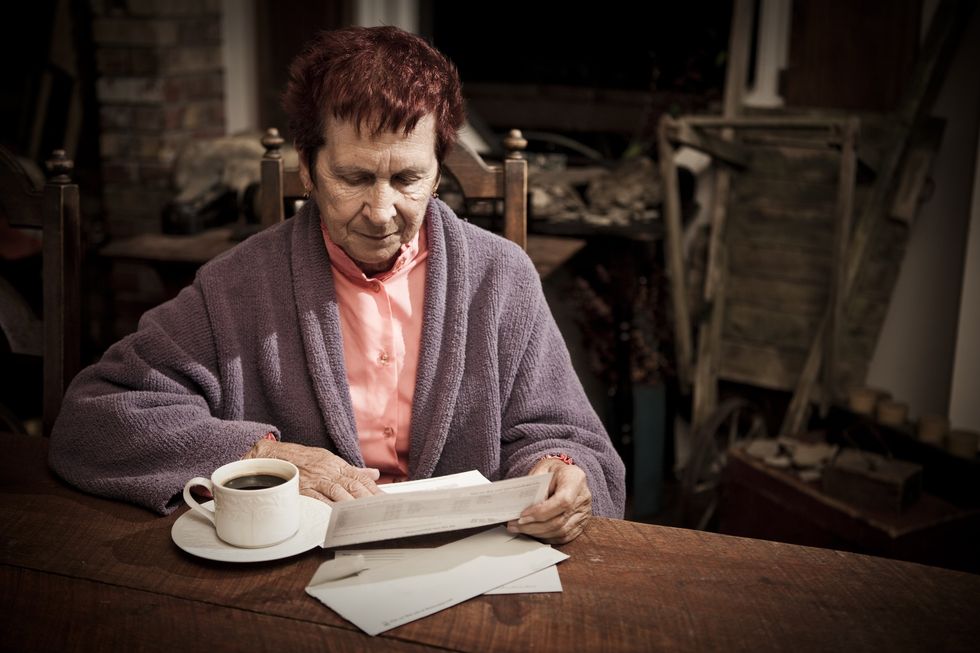
Millions risk being 'trapped' in fuel poverty due to the energy crisis
|GETTY
This is the same number who are currently in fuel poverty in England based on the UK government’s official definition.
Adam Scorer, Chief Executive of National Energy Action (NEA) explained: “Three million households left cold, damp and unhealthy.
“Governments risk missing their legal targets, but those living in fuel poverty are at risk of so much more.”
According to separate analysis by Gemserv Ltd, there is a “startling” £18billion funding gap that needs to be filled in order for these legal requirements to be met.
Furthermore, the report’s authors warned that the poorest households could be forced to pay £480 more on a year on average towards their energy bills despite being “trapped” in less than adequate housing.
Mr Scorer added: “Unlike the £40billion spent last year to subsidise everyone’s energy bills, this funding is targeted and achievable from existing sources of revenue such as carbon taxes, VAT revenues or planned windfall taxes.
“Crucially, the benefits of positive action are double the costs. The quicker we act, the greater the benefits that are generated.”
Notably, the report called for more effective regulation on private and social landlords which would reduce the investment gap to £10.8billion.
LATEST DEVELOPMENTS:
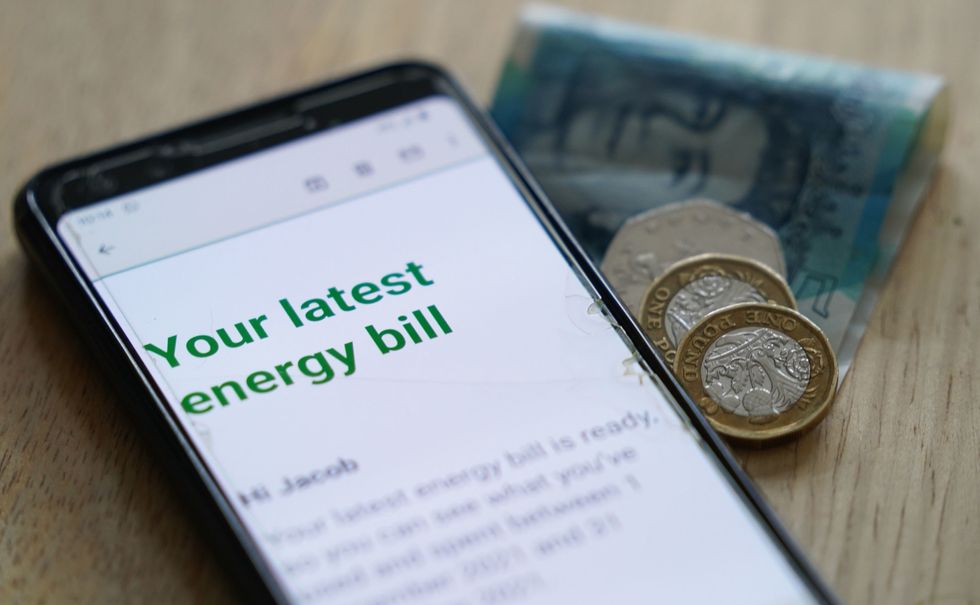
Energy bill payers have been forced to pay more in recent years
| PAAccording to National Energy Action, this would pull two-fifths of all households away from fuel poverty by 2030. Furthermore, the report such an action would add more than £3billion of capital value to private rented sector properties with tenants in fuel poverty.
This would give landlords the opportunity to recover the cost of their investment in energy efficiency measures via lower borrowing costs.
Caroline Flint, the chair of the Committee on Fuel Poverty (CFP), shared: “The people most impacted by the ongoing energy crisis are the poorest households, trapped for too long, in the most expensive to heat homes.
“While we cannot control global energy prices, we can and must insulate vulnerable people from current and future energy shocks by investing in our housing stock. This report is a necessary and timely reminder that current plans to meet our legal target in England are insufficient.
“Strategies for fuel poverty must be kept updated and need to be far more ambitious. If we do, we can all do so much more to help those who cannot currently afford to keep warm every winter and whose health and well-being is currently in serious risk.”


